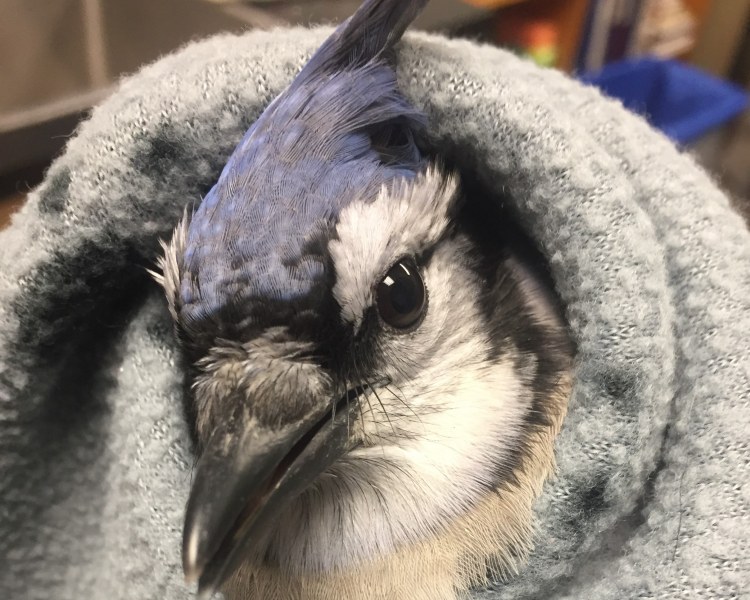AVC Wildlife Service temporarily closes intake of wild birds

Recently, a highly pathogenic avian influenza (HPAI) of subtype H5N1 has been confirmed in Atlantic Canada. Although this virus typically causes little or no harm to wild birds and waterfowl, it can result in severe illness in some bird species, domestic poultry, and, under certain circumstances, people.
This is an evolving situation that is being closely monitored by provincial and federal agencies. As a result, the Canadian Wildlife Service has issued new guidelines regarding the rehabilitation of wild birds in Canada.
The Atlantic Veterinary College (AVC) Veterinary Teaching Hospital at the University of Prince Edward Island remains committed to animal and human health and safety, and the environment in which we share. However, due to the new guidelines, the AVC Wildlife Service is closed to the new intake of wild birds effective immediately.
This means that no live wild birds should be brought to the Atlantic Veterinary College until further notice.
The AVC Wildlife Service is still accepting
- live wild mammals
- live pet birds (except for poultry, geese, turkeys, and ducks)
Please note: If you arrive at the AVC Veterinary Teaching Hospital with an injured or sick wild bird, you will be directed to call Fish and Wildlife.
What you should do if you find an injured or sick wild bird:
- Never pick up or handle an injured or dead bird.
- Contact either PEI Fish and Wildlife (902-368-4683) or the Canadian Wildlife Health Cooperative (902-628-4314).
For questions regarding domestic birds (chickens, geese, turkeys, etc.), please call the Canadian Food Inspection Agency’s provincial office (902-566-7290) or your local veterinarian.
To learn more about avian influenza, visit the Government of Canada’s website.